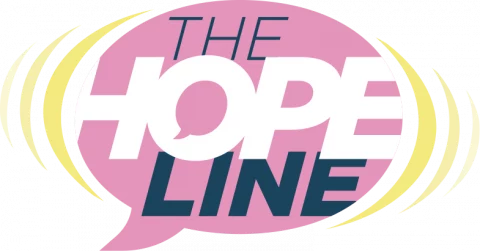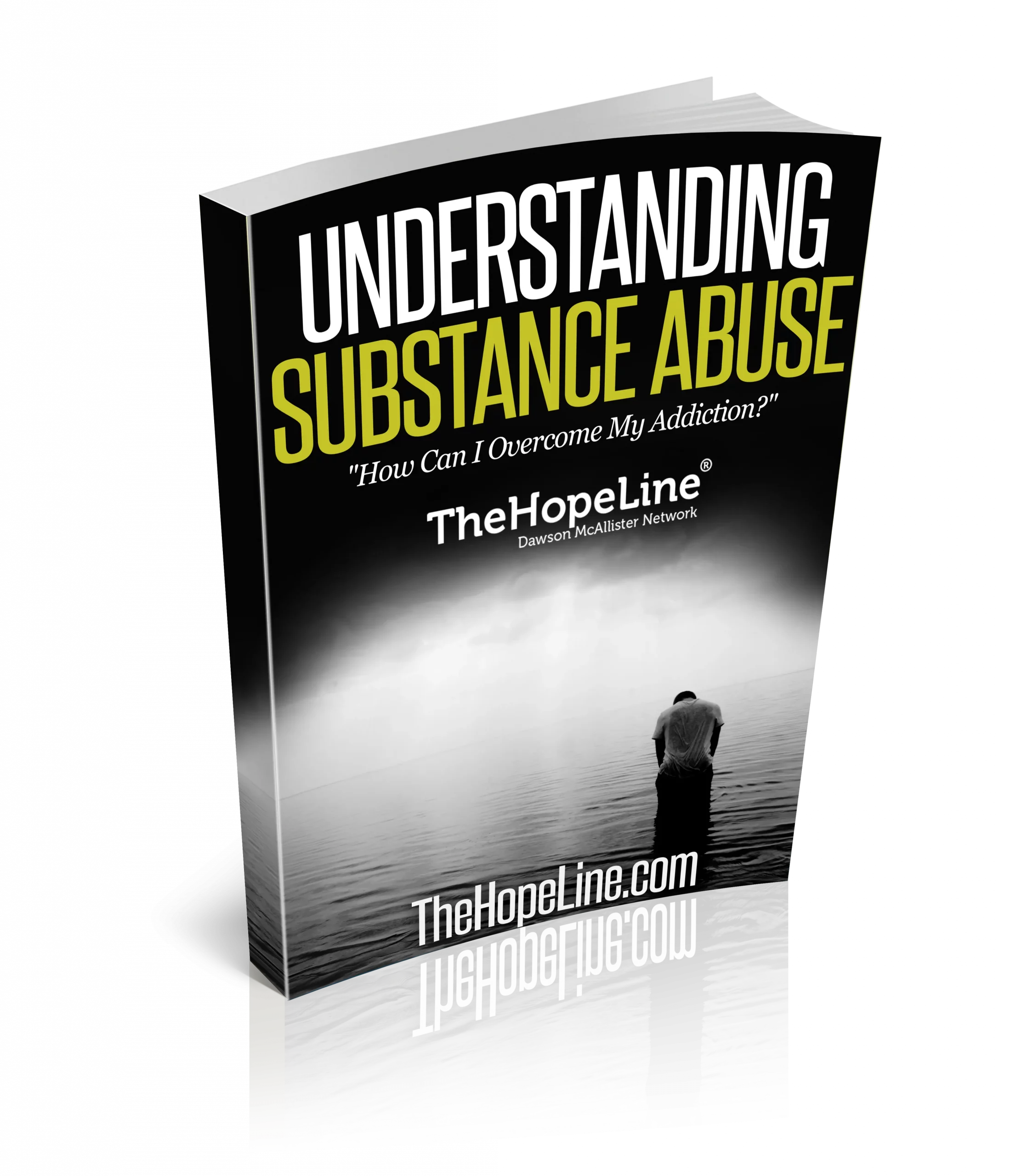Substance abuse and addiction, though often related, are not synonymous with one another.
Typically, when professionals refer to “substances”, they are discussing intoxicants, i.e. alcohol, marijuana, prescription drugs, hallucinogens, etc.
Abuse of these substances occurs when, according to the World Health Organization, behaviors “develop after repeated substance use that typically include a strong desire to take the drug, difficulties in controlling its use, persisting in its use despite harmful consequences, a higher priority given to drug use than to other activities and obligations, increased tolerance, and sometimes a physical withdrawal state.”
Substance abuse can often lead to addiction, but a person does not have to be clinically addicted to a substance before it is considered abuse. Any improper use of an illicit substance, even if prescribed by a doctor, is considered substance abuse.







 Privacy Policy / Terms of Use
Privacy Policy / Terms of Use